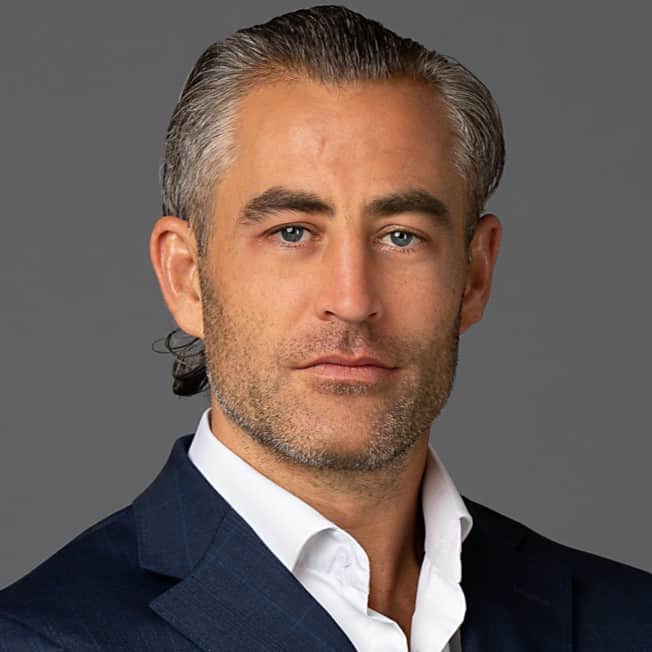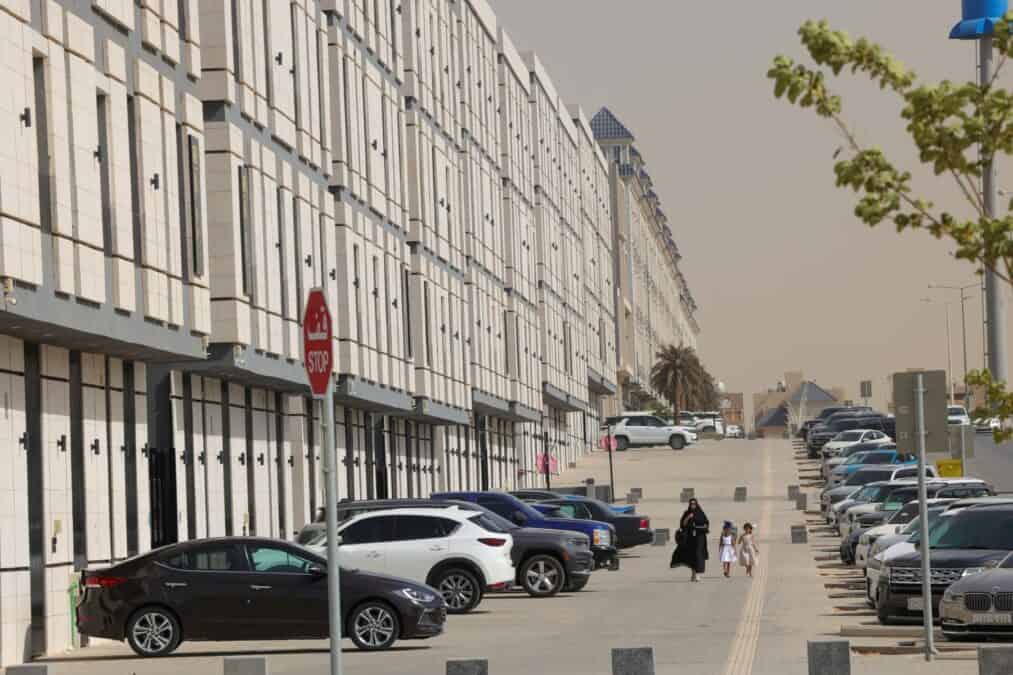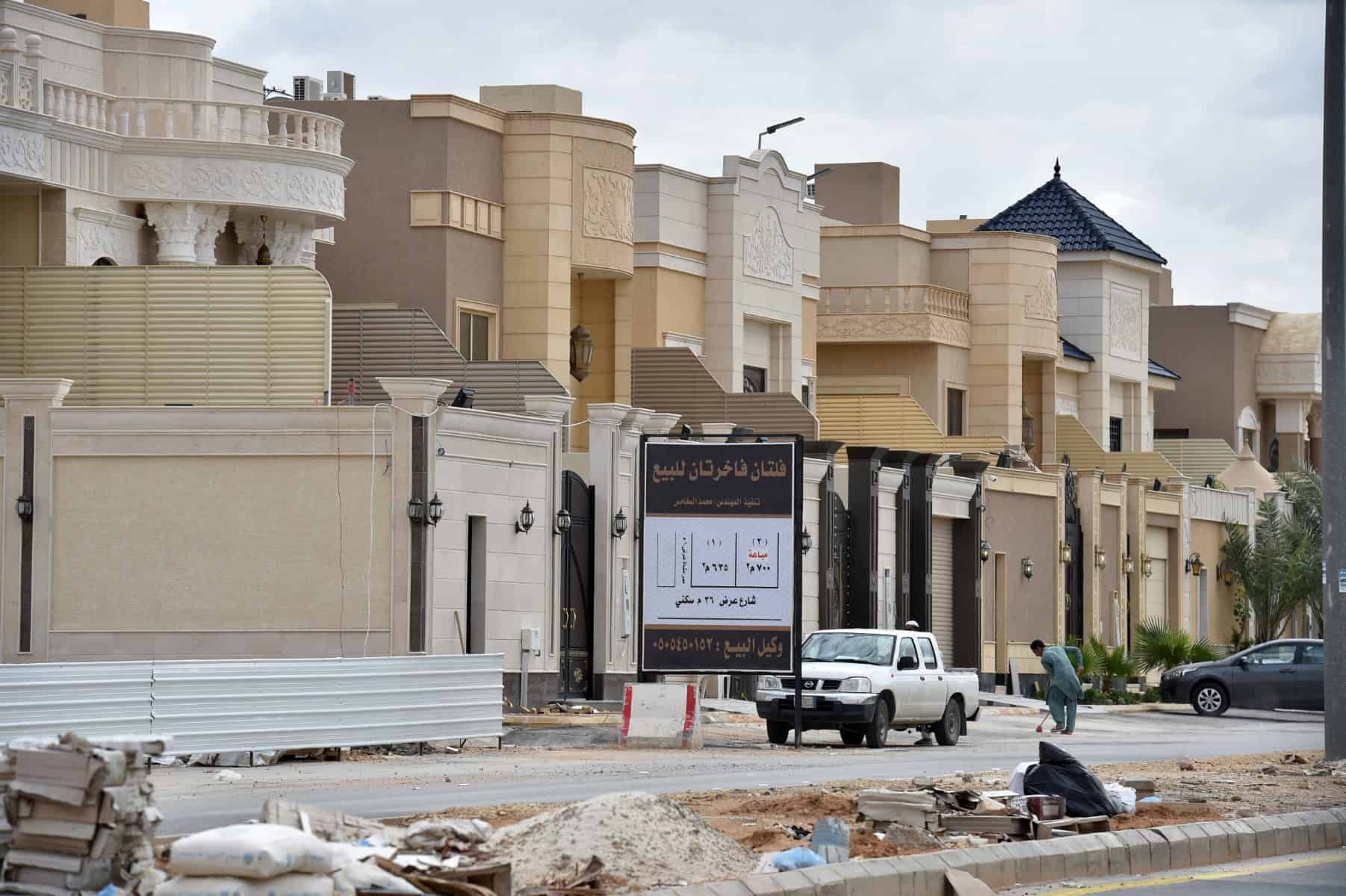RIYADH, SAUDI ARABIA – Extending real estate ownership to foreigners will help regulate the current supply, bridge the gap between supply and demand, and create more demand for further development in the Kingdom, an expert told TRENDS.
Saudi Arabia’s move to amend foreign real estate ownership requirements aims to diversify income sources by opening previously restricted sectors to foreigners, added James Elliot-Square, the Regional Business Development Consultant at PRO Partner Group.
He was referring to the reports that Saudi Arabia is planning new laws that will allow foreigners to buy property anywhere in the Gulf country.
Abdullah Alhammad, CEO of the Real Estate General Authority (REGA), recently hinted that a new law permitting non-Saudi nationals to own property in all areas, including Makkah and Madinah, is under review and development.
The law will reportedly enable foreigners to own commercial, residential, or agricultural properties throughout the Kingdom, subject to special conditions.
Square said that allowing foreigners to own real estate would improve the Saudi Arabian economy.

“Property owners will offer more opportunities and incentives for foreign businesses, encourage business owners to consider the Kingdom for long-term investments, and prompt them to make Saudi Arabia their home base. This would result in a knock-on effect on the economy as population growth creates further demand across various sectors,” he added.
In the past, Saudi Arabia imposed strict restrictions on foreign real estate ownership, particularly in Makkah and Madinah. However, it has recently introduced several facilities as part of its plans to diversify the economy and attract investors.
The real estate sector is a crucial component of the Kingdom’s long-term plan to diversify income sources away from oil. As part of Vision 2030, projects worth over $1 trillion have been approved.
The government aims to build more than 4 million housing units and homes across the Kingdom by 2030, focusing on sustainability, well-being, and environmental friendliness. Experts predict that Saudi Arabia’s real estate sector will experience record growth as many foreign investors express interest in the country’s economic and social transformation.

Government-funded projects, such as Roshan, a leading real estate developer supported by the Public Investment Fund, are helping to meet the demand for increased home ownership, especially sustainable ones, across the Kingdom. According to real estate consultancy Knight Frank, Saudi residential real estate transactions increased by 6 percent in November 2022.
Foreign investment is another key factor driving the growth of the Saudi real estate market. “Bloomberg” reported last month that Bahrain-based “Holding Investcorp” plans to invest about $1 billion in the Kingdom’s real estate market over the next five years to capitalize on the anticipated “boom.”
In a recent Knight Frank survey of 1,000 households across the Kingdom, NEOM emerged as the most popular place to own a home, followed by the Red Sea Project and Diriyah.
By 2030, Knight Frank projects that the Kingdom will have more than 555,000 homes, over 275,000 hotel rooms, more than 4.3 million square meters of new retail space, and over 6.1 million square meters of new office space, making it the largest construction site the world has ever seen.








